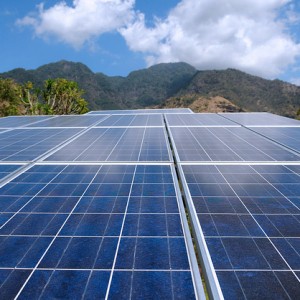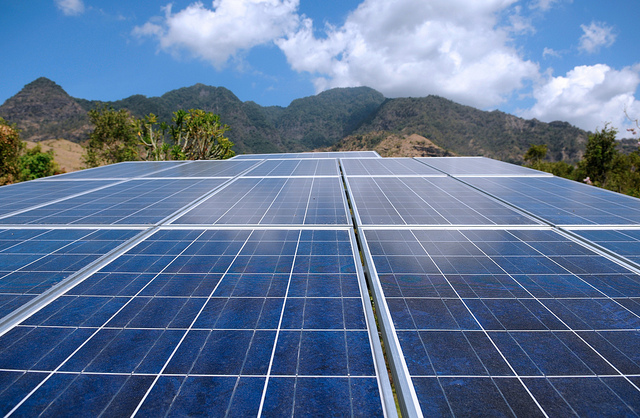2014 was not a good year for Australia when it comes to large-scale renewable investment as the country’s standing takes a nose dive with their commitment to climate change. In fact, Australia’s ranking went below Panama, Sri Lanka, and Myanmar which are all countries that are considered poor in comparison to Australia.
According to Bloomberg New Energy Finance (BNEF), this is thought to be largely attributed to the current Abbott government, wherein backward policy changes for the renewable sector in favour of fossil fuels.
Renewable investment hindered due to Abbott government
Currently, BNEF ranks Australia at 39th place, falling 28 places from its original 11th ranking in 2013. Of the 7 large projects that occured in 2014, 6 of these were focused on solar power, with no large scale progress in wind energy. This ‘issue’ and dive could also be attributed to the fact that there is a division regarding the Renewable Energy Target in the current Australian administration. In fact, because of this, renewable investment has come to a stand-still.
The Australian government led by Abbott was hoping to cut the renewable energy target of the country from 41 terrawatt-hours yearly by 2020 to a target of 27 terrawatt-hours. Luckily, this proposal has been blocked by Labor, the Palmer United Party of the State, and the Greens.
Division in Australian politics regarding renewables slows progress
If this proposed step back by the Abbott government were to happen, it would not just be the target that would suffer but also the renewable investments and the clean energy industry would also be affected, big time. In fact, with this move the value of renewable energy certificates would also be lowered and reduced, the existing wind farms would be less viable and sustainable, plus new ventures from private investors would be uncertain.
The Greens and Labor are continuously trying to seek better support from Abbott government, but instead, they feel that the goal of Abbott is to protect the profits of polluting industries like coal. Simply put, the Greens would just want to make sure that renewable energy would play a part in Australia’s energy policies in the future, but because the Labor party is on strike, there is no forward movement to having a meaningful discussion.
Labor Party and the Greens work to block Abbott’s coal-minded policy
Due to the climate change debate that is happening in Australia, the omission about Australia’s need to shift to low-emissions economy was noted to be an important piece of information that should be dealt with.
In terms of ranking of countries that actively seek to develop renewable energy, Poland ranked 18th last year 2014 as having large renewable investment. On the other hand, Estonia was one of the list of counties that did not make any renewable investment to clean energy. Included in the list are Iran, Cuba, New Zealand, Switzerland, Singapore, and Zimbabwe.
In a nutshell, Australia, or its government, is quite aware of the possible consequences when it made policy changes to renewable investment and clean energy. Because of the shift to supporting the coal industry amid the very real threat of climate change, the outcome of such action is not just going to be felt country-wide, but instead worldwide.
Photo by: Bart Speelman on Flickr

